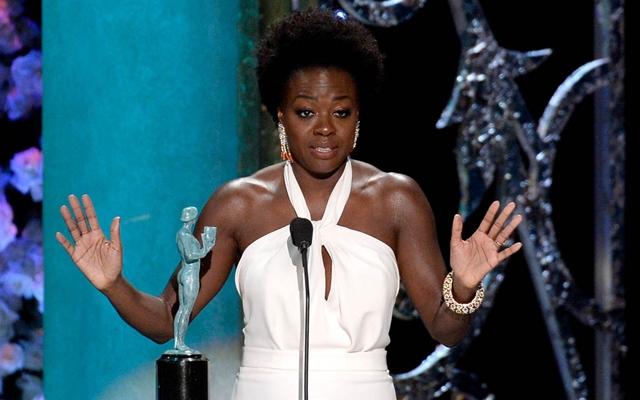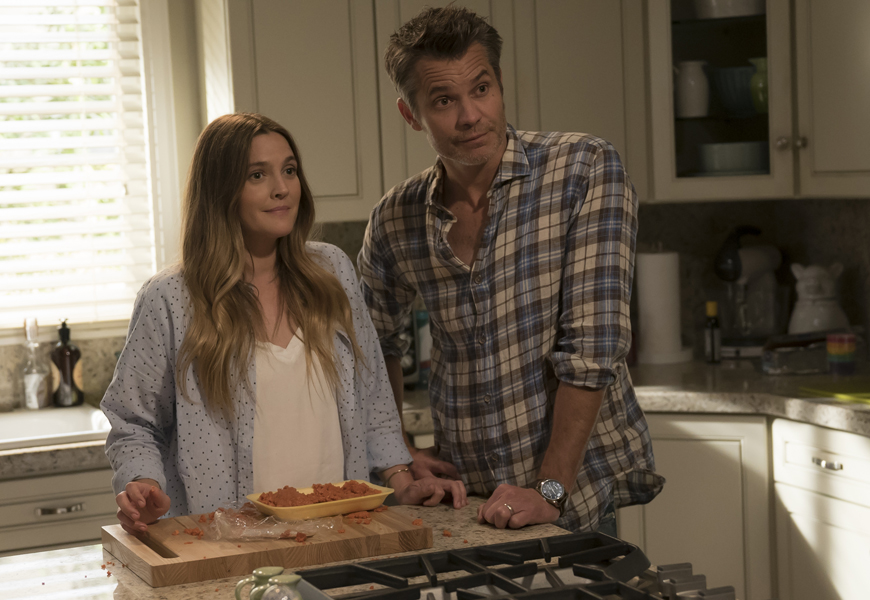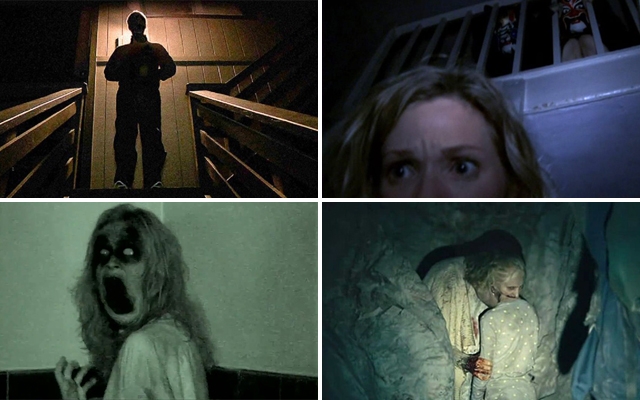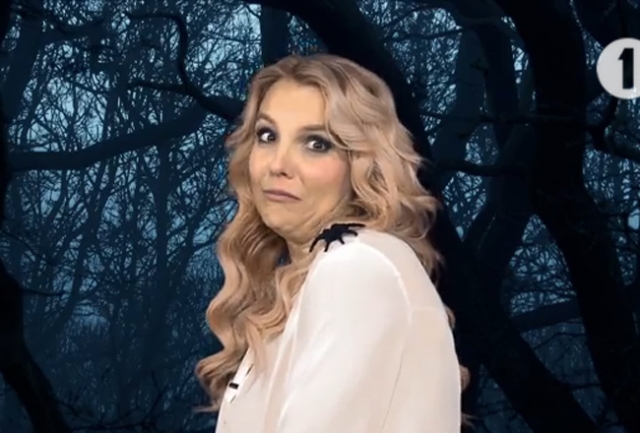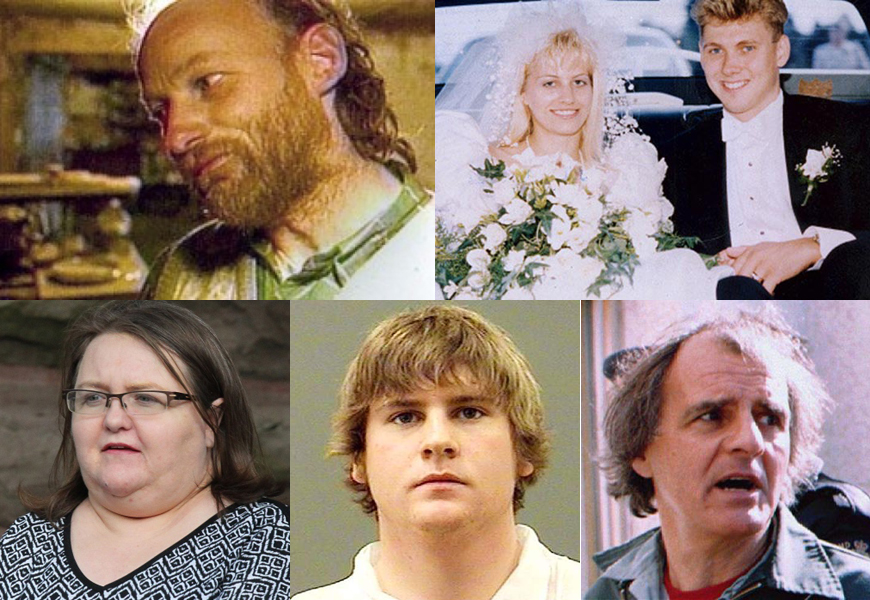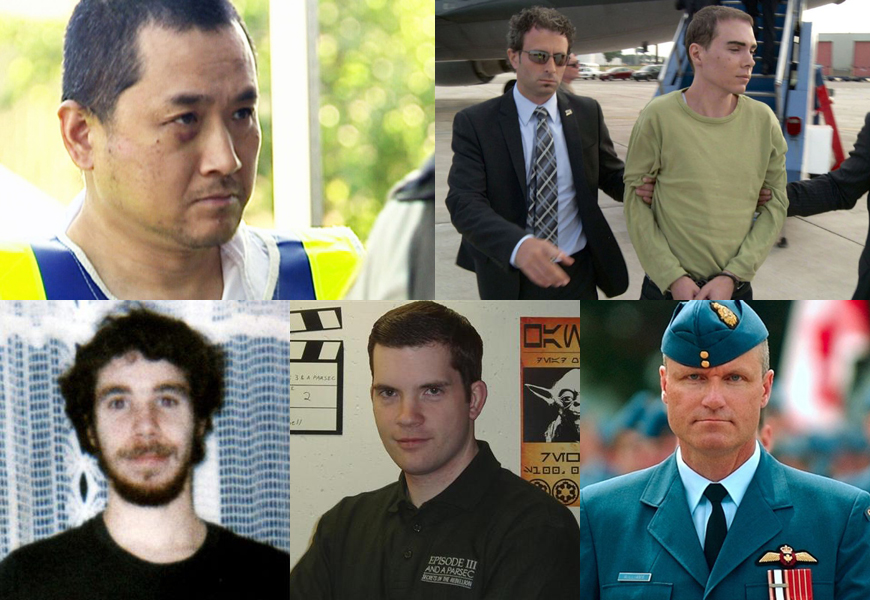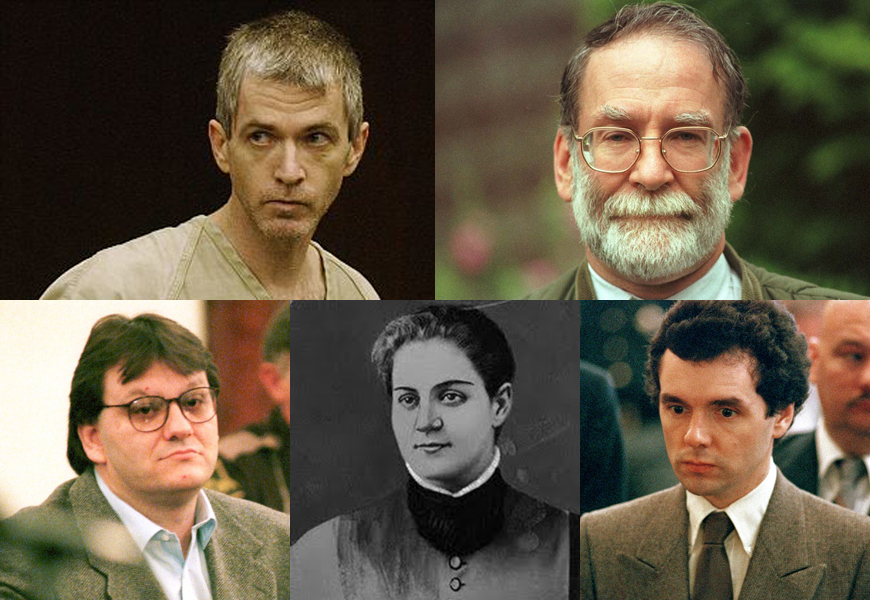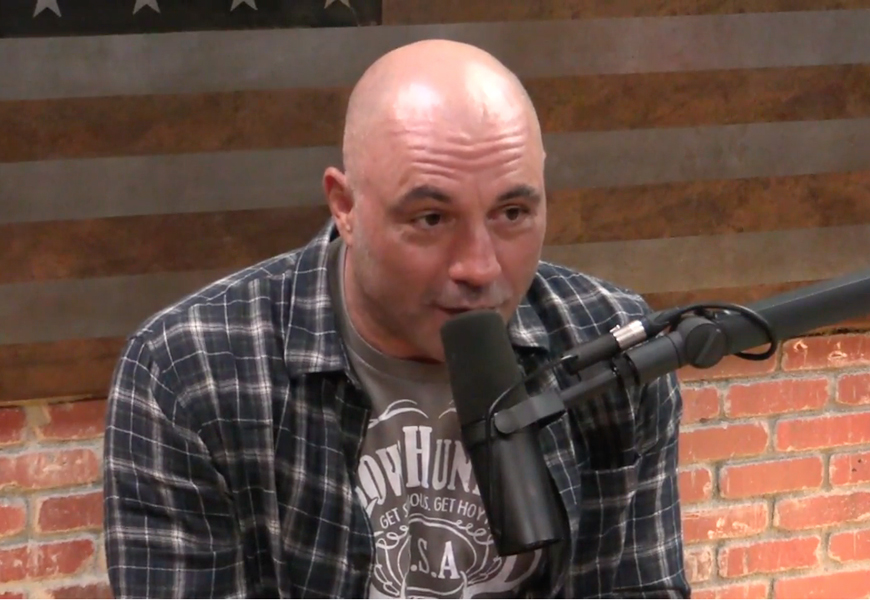Sunday night at the Screen Actors Guild Awards, Viola Davis delivered a brief, but powerful speech about diversity in Hollywood when accepting the award for Outstanding Performance by a Female Actor in a Drama Series for her role as Annalise Keating on ABC’s How to Get Away with Murder.
In her speech, the veteran of such films as The Help and Doubt thanked the creative team behind the Thursday night show for thinking that “a sexualized, messy, mysterious woman could be a 49-year-old, dark-skinned, African-American woman who looks like me.”
As expected, media was abuzz with discussions about Davis’ speech on Monday, most tethering it to the fact that all of the nominees in the four acting categories at the Oscars this year are white, even though they were at the SAG Awards too. That’s not to say that having a discussion about racial diversity in film and recognizing the best performances, full stop, is important, but it needs to be a conversation that carries over to Tuesday and Wednesday and next Friday and four weeks from now and April 2016.
And it needs to be more than a conversation.
There needs to be action and accountability or else it’s just talk and the standard “acknowledge that what was said is important, but do nothing about it” play that has become all too familiar.
Over the last 25 years, dark-skinned actors and actresses account for less than 10 percent of all Best Actor/Actress and Best Supporting Actor/Actress nominations. Of the 100 statutes handed out during that time, 11 have been won by non-caucasians. That not only speaks to a lack of recognition, but also an overall lack of opportunities, both of which are serious problems that need to be addressed.
In terms of recognition, what makes Bradley Cooper’s portrayal of Chris Kyle in American Sniper worthy of an Oscar nomination ahead of David Oyelowo’s work as Dr. Martin Luther King Jr. in Selma? Both are strong performances, without a doubt, but if you held the two beside each other, Oyelowo’s depiction of the civil rights leader during the Selma-to-Montgomery Voting Rights March is more substantial than what Cooper delivers in Sniper. In a similar vein, but outside of the actor/actress scope, what makes Bennett Miller’s work in Foxcatcher stand out more than the job Ava DuVernay did behind the lense on Selma?
From an opportunity standpoint, there need to be shifts in thinking when it comes to casting films, but also greater representation of people of colour in quality, non-stereotypical roles. The current brushback against Idris Elba potentially replacing Daniel Craig as the next James Bond is both frustrating and amusing, the former because Elba is a phenomenal talent, the latter because people complained about Craig’s casting and he has turned out to be one of the best Bond’s yet.
Similarly to Davis, Hallee Berry talked about some of these things when she took home the Best Actress award in 2002 for Monster’s Ball, saying, “This moment is so much bigger than me. This moment is for Dorothy Dandridge, Lena Horne, Diahann Carroll. It’s for the women that stand beside me – Jada Pinkett, Angela Bassett, Vivica Fox – and it’s for every nameless, faceless woman of colour that now has a chance because this door tonight has been opened.”
That was 13 years ago and we’re still having the same conversation.
If we’re still having it another 13 years from now, everyone has missed the point of Davis’ beautiful speech.

